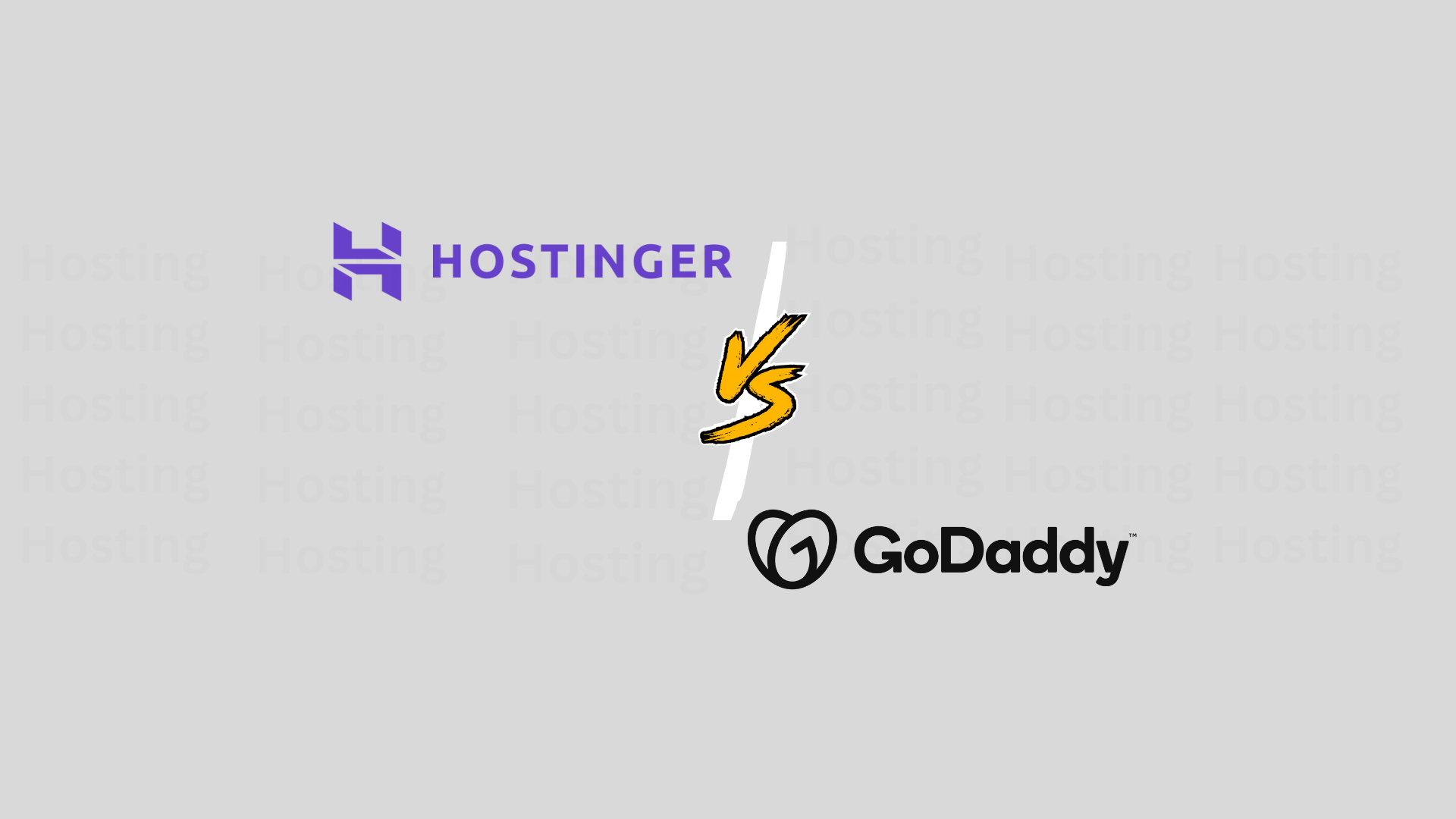The eCommerce market offers a range of platforms such as WooCommerce, BigCommerce, and Shopify. Each platform has unique capabilities to support various businesses. This guide we will compare Shopify vs BigCommerce vs WooCommerce and help you select the best platform for your eCommerce needs.
Overview of Shopify vs BigCommerce vs WooCommerce

Features and Functionality of Shopify
Shopify’s fast features make it stand out. Key features include:
Ease of Use:
Even beginners can easily set up an online store with Shopify’s drag-and-drop builder.
Themes and Design:
Shopify allows users to create attractive stores with over 70 themes available for both free and paid use.
App Store:
In addition to offering more than 4,000 apps, the Shopify app store features social network integration, SEO tools, and additional email marketing features.
Point of Sale:
Shopify’s POS system integrates online and offline sales, allowing for a seamless Omni channel experience.
Security:
All security updates and compliance requirements, such as SSL certificates and PCI-DSS compliance, are handled by Shopify.
Payment Gateway:
Shopify partners with a range of payment gateways to streamline the payment process.
Features and Functionality of BigCommerce
BigCommerce is known for its scalability and range of built-in features. Key features include:
Built-In Features:
BigCommerce includes multi-channel integration, advanced SEO capabilities, and abandoned cart recovery.
Scalability:
BigCommerce caters to both B2C and B2B e-commerce, providing robust solutions for both.
Themes and Design:
BigCommerce offers a selection of responsive themes, although not as many as Shopify.
App Ecosystem:
The BigCommerce app marketplace has several integrations and apps for enhanced functionality, though fewer than Shopify.
Multi-Storefront Capability:
BigCommerce allows businesses to manage multiple storefronts from one account.
Security:
BigCommerce has strong security measures, supporting PCI compliance and SSL, similar to Shopify.
Features and Functionality of WooCommerce
WooCommerce is a WordPress plugin, allowing for extensive customization. Key features include:
Customization:
WooCommerce and WordPress can be extensively customized with themes and plugins.
Open Source:
WooCommerce is free to use, although there are fees for plugins and hosting.
SEO Capabilities:
WooCommerce inherits WordPress’ strong SEO tools, making it highly effective for search engine optimization.
Themes and Plugins:
There are numerous themes and plugins to enhance functionality and aesthetics.
Community Support:
WooCommerce benefits from the larger WordPress community, providing a wealth of tools and support.
Payment Options:
WooCommerce supports various payment gateways, such as PayPal and Stripe.
Pricing and Payment Options
Shopify offers a tiered pricing model:
Basic Shopify: $19 per month
Shopify: $49 per month
Advanced Shopify: $299 per month
Additional transaction fees apply if using third-party payment gateways.
BigCommerce also uses tiered pricing:
Standard: $29 per month
Plus: $79 per month
Pro: $299 per month
BigCommerce does not charge transaction fees, which can be a significant cost saver.
WooCommerce itself is free, but costs can accumulate through:
Hosting: $5-$25 per month
Domain: $10-$20 per year
Premium themes and plugins: Varies
Customization and Design Options
SEO Capabilities and Marketing Tools
Customer Support and Resources
- 1
Shopify has excellent customer service, with live chat, email, and phone support available around the clock. Global forums and a knowledge base are also available.
- 2
BigCommerce offers 24/7 live chat, email, and phone support. It also provides extensive support and a large collection of resources.
- 3
WooCommerce mainly relies on comprehensive documentation and community support. While WooCommerce.com offers premium support, most users seek help through forums and WordPress blogs.
Conclusion and Final Thoughts
The ideal e-commerce platform for you will depend on your unique needs and preferences:
For customers looking for a one-stop, user-friendly solution with excellent service and a large app ecosystem, Shopify is perfect. BigCommerce is ideal for those needing extensive control and scalability with built-in features and robust billing. For those who need a high level of customization and flexibility especially if they’re already familiar with WordPress then WooCommerce is a great option. Each platform has its pros and cons. Shopify offers simplicity and support, BigCommerce provides scalability and sophisticated built-in capabilities, while WooCommerce offers unparalleled customization. Decide based on your support needs, technical expertise, and business objectives.









